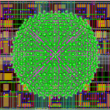
iARPA AGILE
The AGILE program seeks innovative, energy-efficient, and reliable computer architectures that can address the Intelligence Community’s large-scale data-analytic applications, as well as other classes…
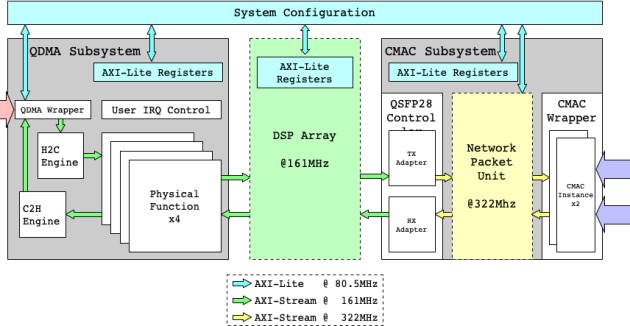
Berkeley eXtensible Processing Engine (BXPE)
With experimental facilities data production rates exponentially increasing, there is a greater need to move computation closer to the experimental source. To this end, we have developed the Berkeley …
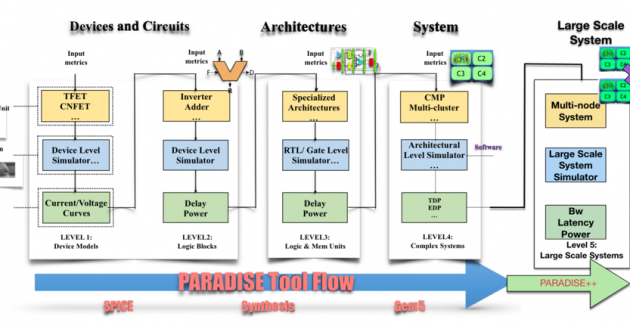
PARADISE++
PARADISE++ is an open-source comprehensive methodology to evaluate emerging technologies with a vertical simulation flow from the individual device level all the way up to the architectural level.

Superconducting Race Logic Accelerators
The aim of this project is to make computation in superconducting circuits as efficient as possible by re-using computing architectures inspired by traditional technologies into superconducting logic.
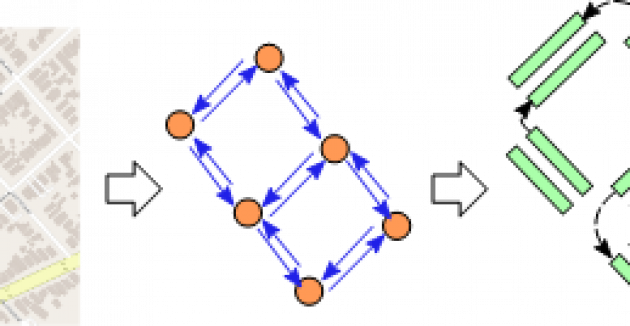
Mobiliti
Mobiliti is a proof-of-concept, scalable transportation system simulator that implements parallel discrete event simulation on high-performance computers
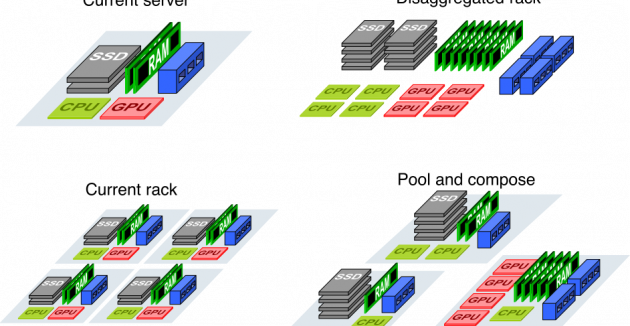
PINE
The PINE interconnect (Photonically Interconnected datacenter Elements) allows compute, memory or storage modules to be flexibly combined through one-model-fits-all embedded photonic connectivity and b…
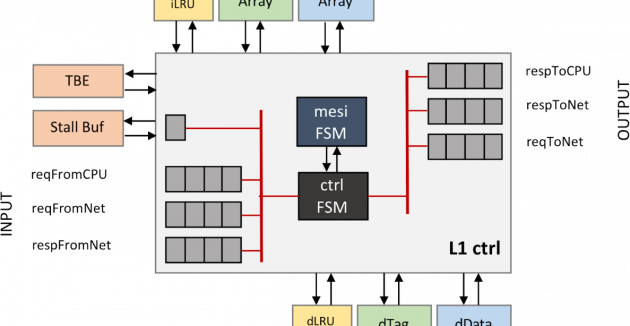
Open2C
Open2C aims to provide a powerful yet flexible and easy-to-extend tool that enables exploring coherent cache memory subsystem for upcoming large-scale computing systems.
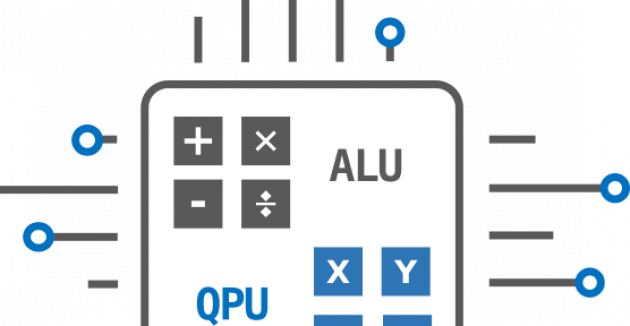
QUASAR Ice
To pave the way towards future quantum accelerators adoption, we propose to define several abstraction levels throughout the entire control hardware stack that starts with comprehensive software-hardw…
Mission
The Computer Architecture Group is focused on delivering continued increases in performance to all scientific application areas through the development, programming, and utilization of advanced computing architectures. These architectures may be deployed anywhere within a scientific workflow - spanning from within an HPC data center to edge computing devices deployed remotely in the field. In addition, we seek to bring HPC tools and techniques to new application areas ranging from biosciences to transportation models.
Research
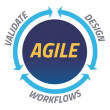
iARPA AGILE
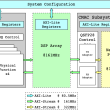
Berkeley eXtensible Processing Engine (BXPE)

PARADISE++

Superconducting Race Logic Accelerators
